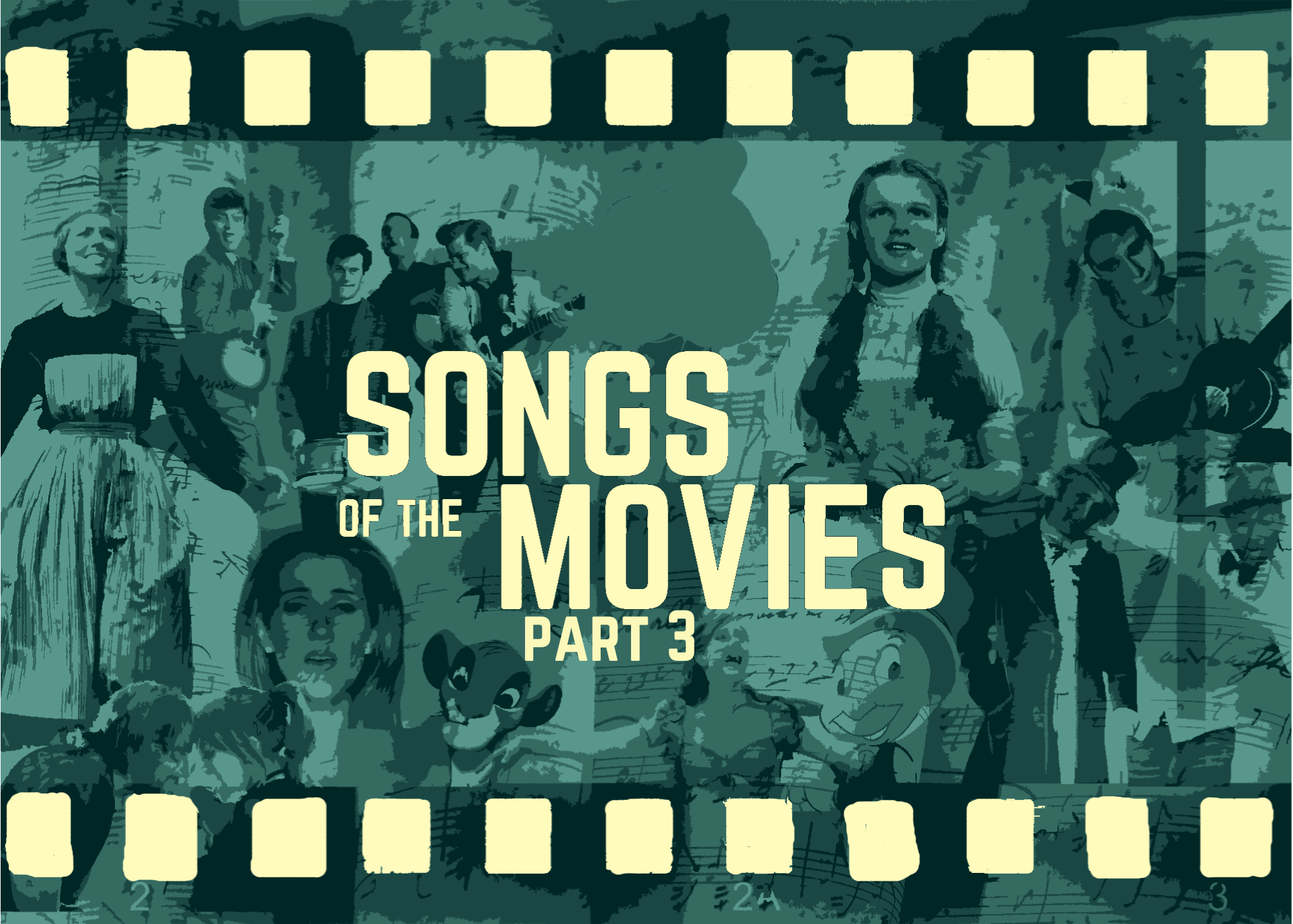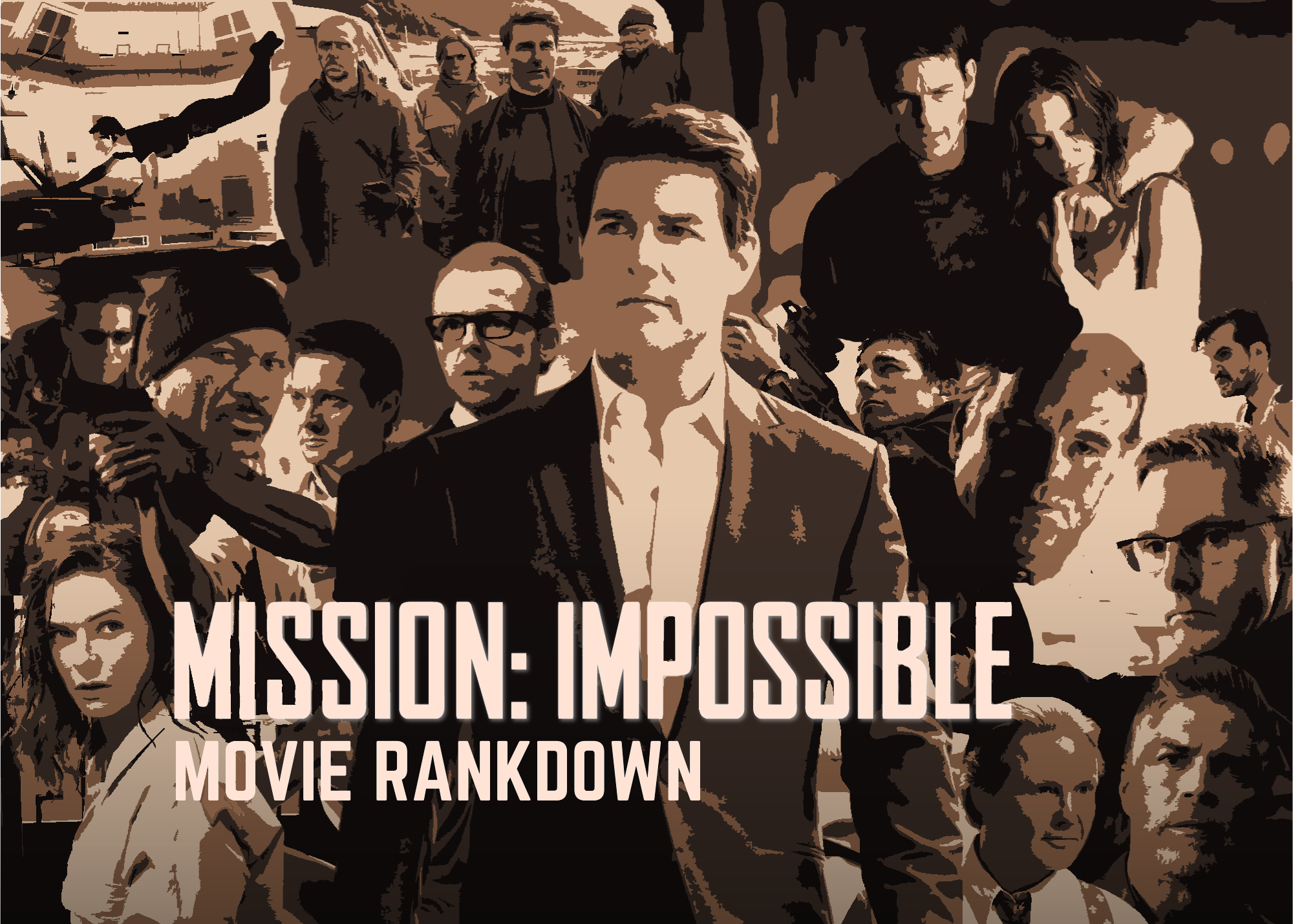"Gentleman's Agreement" Retrospective: A Forgotten Best Picture Winner We Need to Remember
It may feel tame by today's standards, but movies this honest are more necessary than ever.
Golden AgeOn May 13, 2010, the old Yankee Stadium was officially demolished. It was “The House that Ruth Built,” the crown jewel of the Bronx, the house of the baseball holy, a relic of the Golden Age, where stars blasted bombs into the bleachers, and the impossible became reality. Its status was almost mythical, as though simply entering the borough suffocated you in its epic embrace.
It was also a dilapidated eyesore with a dated aesthetic. It mattered only to old, wistful white men stuck in the good ole days, not those raised in the era of modern ballparks and begging a game married to tradition to sue for divorce. It needed to go, and so it was gone.
But what would get built in its place? What would substitute this icon of irony, christened the unofficial landmark of Major League Baseball as though a house built by a philandering, alcoholic, self-serving buffoon who was good at hitting balls could be anything other than the monstrosity it was?
Nearly to the very last light bulb in the very last fixture, the exact same thing.
It begged so many questions about common sense, logic, and pride, but its most pressing question was something far more interesting and important:
What’s the point of tearing something down if you don’t build something new in its place?
Phil Green is a widowed journalist tasked by his editor to pen a piece on anti-Semitism. As he pretends to be Jewish to experience this prejudice directly, his perspectives are enriched and informed, not just on the plight of Jews but on the people in his life.
It does not dissect; it will not inspire new methods of discussing identity politics and social injustice. It will not enlighten.
Good. It shouldn’t.
It occasionally traps itself in melodrama, dragging us through tedious exposition. Anti-Semitism is BAD. The assignment cannot be singular moments of prejudice; it must be MORE. It must reach FURTHER. Phil's epiphany that to feel the Jew he must be the Jew reads like a Kindergarten teacher explaining the birds and bees to a child who heard Mommy and Daddy knocking boots. The prime display of its creative might is Phil titling his article, “I Was A Jew For Six Months.” It treats us as infantile and so becomes infantile itself.
But when it stops being infantile and lashes us with common sense and general human decency, it becomes an exposé on all that seems simple to grasp yet gets lost on so many. It’s easy to write off Gentleman’s Agreement as Oscar-baiting social justice porn, and perhaps that was the intent: Elia Kazan was no stranger to self-serving nonsense. Regardless, one cannot view it today and not feel many things, nearly none good.
We're more connected than ever but still lack the necessary insight to evolve. Our communities are not as isolated, yet we seem further apart than ever. We voted in record numbers in the last Presidential election, only to show that the best hope we have is for one side to win and the other to be silent. We live in echo chambers and convince ourselves the choir to whom we preach speaks for all humanity. Our best-case scenario is a pipe dream.
It doesn’t help that we still do everything the movie repudiates. Accountability makes way for complaints about how we can’t say anything anymore. We pardon ourselves from bigotry. It's not like we shout epithets or vote against minorities. We don’t care what others do so long as they hide it.
We decide what it means to be racist or homophobic, anti-Semitic or sexist. We tell the oppressed what it means to get oppressed. The experiences forced on them don't matter, only their willingness to suffer in silence. If we wanted to challenge ourselves, we could, but when have we ever wanted that?
Why else would Kathy try to hide Phil’s faux-Judaism, keeping it secret from friends and family, asking him to silence himself for the sake of her social standing? Why ask the many to bend when the one can break?
They seem such simple concepts, and a movie should be worse off for floating them into the philosophical ether and asking us to catch them. It should get condemned for exploiting its values to mooch off the victimization of minorities for a shiny gold trophy and some Lexus-lined street cred. But it’s not. It’s true, perhaps not in the intellectual, scathing way cinephiles crave, but more honest in acknowledging us for what we are than most movies are for trying to vivisect our values as though it alone holds the key to moral superiority. What more can be asked from a society that thinks itself evolved but proves stagnant?
After all, what do all our Instagram posts, Facebook memes, and marches accomplish? What legislation gets passed? What views change? If we’ve learned anything since the 2016 election flipped the country over on its head, it’s that what we do serves only our needs. We silence, nothing more. All our selfish attempts at resolving societal flaws don't aim at resolution, only our need for purpose. If we fixed anything, that purpose would vanish. For some reason, we allow that to matter more than the issues we (ostensibly) work to resolve.
It renders helpless those we claim to want to help. We demand they assimilate as always: call themselves by the same epithet others do and laugh it off to seem agreeable; accept that because someone has friends like them, they can do as they please. It is not often Black people receive an apology from white people, nor gays from straights, women from men, or transgender from cisgender.
There are always reasons for refusing to hold ourselves responsible, but Gentlemen’s Agreement damns them. It casts our vanity to the seventh circle of hell; it shatters our veneer and exposes the self-serving ugliness underneath.
We dismiss it as safe, but is it? Have we proven it safe to be so blunt about the depths of human worthlessness? The more complex our arguments become, the more easily they get dismissed as self-indulgence or meritless word salad. But the blunt truth, the swift punch to the gut, isn’t so easily written off. We can’t write it off because we know it’s true. If the truth is spelled out plain as day, there’s no escaping it, so we snap. We retreat into those echo chambers, seeking shelter from reality.
We aren’t equipped to confront anything, and it isn’t safe to say so.
The sole reprieve is understanding what it means to be a victim by virtue of decency if not experience: Phil is not Jewish or anything else that America has judicially exploited, economically disenfranchised, socially ostracized, or politically oppressed.
Even with the love of his life, a woman whose warped ideologies force them apart, he appreciates her as a human being, not a slab of meat to get mounted and ridden whenever he desires. He is not the same misogynistic fiend many old films glorify. As his brother says, he wants a sidekick, a partner, a woman he can respect and who can respect him in return. Whether it’s how we treat the outside world or those in the one we’ve made, he gets it. He wants to get it.
That is the wisdom Gentleman’s Agreement gifts us, which we will never unwrap if we dismiss it as an issues film begging for Oscars: the path ahead is wanting, not needing. We mustn't need to be righteous and just, accepting and virtuous, honest and pure. Needing is the foundation of exploitation. Needing to be a justice warrior wins the battle for morals, not ethics. Needing to lay those excuses for bigotry on the table like a winning poker hand is just as damaging as laying out support to feel good about ourselves.
We have to want and only want. Phil wanted. He wanted everyone else to understand, to see the world through the eyes of another. He wanted to do right where others did wrong. His desire may not satisfy all filmgoers, but sometimes broader films ring truer. If Gentlemen’s Agreement tore down our ideals like the old Yankee stadium, destroying a monument to fairweather loyalties, questionable ethics, and turning on your own to get ahead in the race for moral sovereignty, only to build the same thing in its place, it would be worth nothing. It would be the very thing it so adamantly loathes.
But it doesn’t. It builds something new by backing our platitudes into a corner, lopping the head off our justifications, and shattering our resistance to reality. It doesn’t build another Yankee Stadium; it builds Oriole Park, something new, refreshing, and exciting. It may seem tame in retrospect, but it's valuable not because it’s the original but because, despite all that’s come since, it still rings true, even more than its flashier predecessors. It isn't profound. It’s simply what we, even 74 years on, need to hear. We can’t listen in Yankee Stadium. That’s why it built Oriole Park instead.
.png)
82
Director - Elia Kazan
Studio - 20th Century Fox
Runtime - 118 minutes
Release Date - November 11, 1947
Cast:
Gregory Peck - Sandra Voyter
Celeste Holm - Anne Dettrey
Dorothy McGuire - Kathy Lacey
John Garfield - Dave Goldman
Anne Revere - Ms. Green
Jane Wyatt - Jane
Albert Dekker - John Minify
June Havoc - Elaine Wales
Editor - Harmon Jones
Screenplay - Moss Hart, Elia Kazan
Cinematography - Arthur C. Miller
Score - Alfred Newman

%20(13%20x%206%20in)%20(13%20x%204%20in).png)





































.png)






.png)